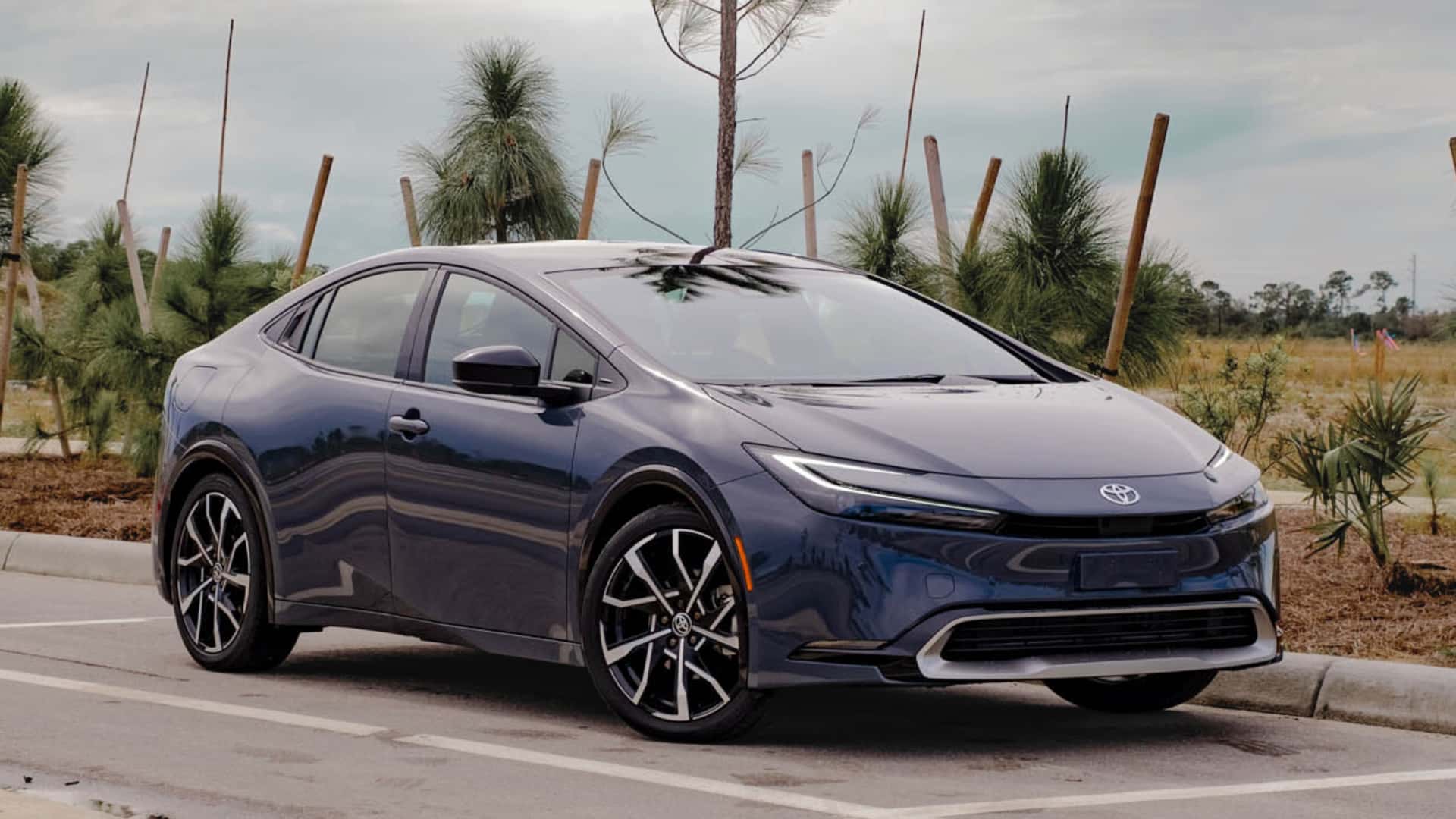EbS-P
Minister of Fire
Governments job is to regulate. I thought the opposition to the original pace was over blown. I’m fine with this compromise. The IRA coupled with decreasing battery and manufacturing costs will motivate an increasing adoption rate of EVs. a sub $25k before tax credit EV is already being sold. There will be good option at that price point or below in the next 4 years.I have no fear that govt has screwed this up royally and it’ll end up a disaster for both business and the environment. Why? Because politicians were involved at both the EPA and the White House.
No more more hemis. That’s right Dodge will not be offering V8s. I don’t see an i6 with 24 pounds of boost lasting very long.
Change is afoot.
I think we have proof that the big three plus Toyota and Honda are likely to make mistakes. They might loose a lot of money but that’s just an opportunity for another company to step in. Batteries will get cheap enough that the hybrids will seem silly with a sub 11kwh pack. So they will upgrade then drivers might realize it’s kinda wasteful to have an ICE up front that doesn’t get used but a few times a year.I pray that you are right. There are a lot of pieces that have to fall in line for this to work. If any small part does not make it, it falls apart.
Upper level policy wonks get there by being politicians.
Five years from now the market will be vastly different than it is today and it’s not that different than it was 5 years ago. I assume any automaker can scale EV production at at least 49% the rate Tesla has done in the past five years.
![[Hearth.com] EV developments [Hearth.com] EV developments](https://www.hearth.com/talk/data/attachments/326/326036-43d9e81a6684f581e7e24b8c838852ff.jpg?hash=jvZThahDzp)




![[Hearth.com] EV developments [Hearth.com] EV developments](https://www.hearth.com/talk/data/attachments/326/326037-830e182a8d2a9dc10c95b663d03c82bc.jpg?hash=AC6B0C3rID)


